
Ever spent hours pacing the floor with a screaming baby, trying everything from swaddling to shushing with no relief?
You’re not alone. An estimated 1 in 5 babies experiences colic, those mysterious crying episodes that can test even the most patient parents.
Enter Colic Calm – a natural remedy that has become a whispered secret among exhausted parents desperate for solutions.
This homeopathic gripe water doesn’t just mask symptoms; it targets the underlying digestive issues causing your baby’s discomfort.
Unlike traditional remedies that focus on single symptoms, Colic Calm’s unique blend of chamomile, fennel, ginger, and activated charcoal works on multiple digestive problems simultaneously.
With most babies showing improvement within minutes, it’s no wonder parents call it their “middle-of-the-night miracle.”
What is Colic Calm, and How Does It Work?
Colic Calm is a homeopathic gripe water designed specifically to relieve digestive discomfort in babies. Unlike traditional gripe waters that only address one symptom, Colic Calm works on multiple digestive issues at once.
The magic behind Colic Calm lies in its natural ingredients. It contains a blend of herbs like chamomile, fennel, and ginger that work together to ease stomach pain, reduce gas, and calm the digestive system.
But many parents don’t realize that Colic Calm doesn’t just mask symptoms—it helps address the underlying digestive issues that cause discomfort in the first place.
Is Colic Calm Safe for Newborns?

Safety is understandably your top concern when it comes to anything your newborn consumes. The good news is that Colic Calm is formulated with safety in mind and is generally considered safe for babies.
Colic Calm is free from:
- Alcohol
- Sugar
- Sodium bicarbonate
- Simethicone
- Artificial colors or flavors
- Gluten and dairy
However, not all babies are the same. While many parents report no issues, some babies might be sensitive to certain ingredients.
Wait—before you give Colic Calm to your newborn, be sure to check with your pediatrician first, especially if your baby is under one month old or has any medical conditions.
How Long Does It Take for Colic Calm to Work?

Parents who are dealing with a crying baby want relief fast. The good news is that Colic Calm often works quickly compared to other remedies.
Many parents report improvement within minutes of giving Colic Calm. For some babies, relief comes almost immediately as the liquid coats the digestive tract. For others, it might take 5-15 minutes to see results.
Remember that each baby is unique. Some may respond immediately to Colic Calm, while others might need a couple of doses before they notice a difference.
Did you know that timing matters, too? Giving Colic Calm at the first signs of discomfort typically works faster than waiting until your baby is in full-blown distress.
Can Colic Calm Help with Other Digestive Issues?
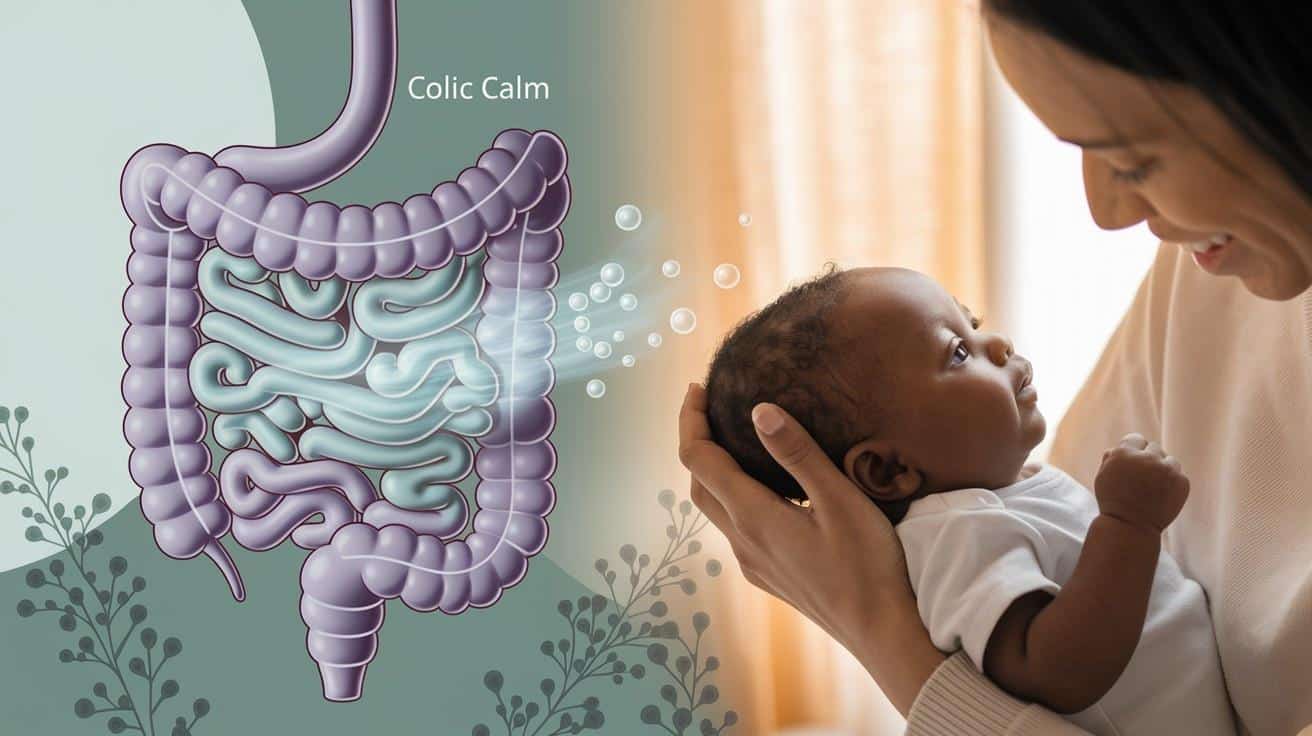
While “colic” is in the name, this remedy isn’t just for colicky babies. Colic Calm can help with several common digestive problems that cause discomfort in infants:
Gas pain is one of the most common issues Colic Calm addresses. The activated charcoal helps absorb gas bubbles that cause painful pressure in little tummies.
Acid reflux can be painful for babies, causing them to arch their backs and cry during or after feedings. Colic Calm may help neutralize stomach acid and provide relief.
Hiccups might seem minor to adults, but they can be surprising and uncomfortable for babies. Colic Calm’s calming properties can help relax the diaphragm spasms that cause hiccups.
Teething often brings along digestive upset due to excess saliva being swallowed. Colic Calm can soothe the stomach while your baby deals with teething discomfort.
Signs Your Baby May Need Colic Calm

Is your little one crying non-stop while you’ve tried everything from bouncing to singing (even that embarrassing baby shark song)? Your baby might be experiencing colic or digestive discomfort that Colic Calm could help with.
Here are the key signs to watch for:
- Endless crying sessions, especially during the “witching hours” of late afternoon and evening, that continue despite your best comfort efforts
- Pulling knees up to the chest while crying—a classic sign they’re battling uncomfortable gas bubbles
- Hard, bloated tummy that feels tight when touched gently
- Sleep troubles caused by stomach discomfort, leaving both of you exhausted
- Back-arching during or after feeding time, which often points to painful reflux issues
Pro Tip: Keep a simple diary of when your baby seems most uncomfortable. Note the time of day, relation to feedings, and what seems to help.
How to Use Calming Colic for Your Baby’s Relief?
Using Colic Calm correctly can make all the difference in its effectiveness. Here’s a simple guide:
First, shake the bottle well before each use. This ensures your baby gets the full benefit as the natural ingredients can settle.
Use the included syringe to measure the correct dose based on your baby’s age. Half a dropper (0.5ml) is typically recommended for newborns to 6-month-olds, and older babies may need up to a full dropper (1ml).
Administer the liquid slowly into the side of your baby’s mouth—not directly at the back of the throat—to prevent choking or coughing.
You can give Colic Calm up to 6 times in 24 hours, but always follow the package instructions or your doctor’s guidance.
Wait! Don’t mix Colic Calm with formula or breast milk, as this can reduce its effectiveness. It works best when given directly.
How to Choose the Right Colic Calm for Your Child?

Colic Calm Plus is the original formula that addresses multiple digestive issues at once. It’s suitable for most babies experiencing colic, gas, and general digestive discomfort.
Colic Calm Homeopathic Gripe Water focuses more specifically on colic symptoms and may be preferred for babies whose main issue is crying spells rather than gas or reflux.
When making your choice, consider your baby’s specific symptoms and age. The regular formula works well for most situations, while Plus provides more comprehensive relief for babies with multiple symptoms.
Lastly, check the expiration date before purchasing, and store the product according to package instructions to maintain its effectiveness.
When Should I Consult a Doctor About Colic Calm?
While Colic Calm helps many babies, there are times when medical attention is necessary:
If your baby shows signs of an allergic reaction, such as a rash, swelling, or difficulty breathing after taking Colic Calm, seek medical help immediately.
When colic symptoms persist despite using Colic Calm consistently for several days, it might indicate another underlying issue that needs medical attention.
If your baby has ongoing digestive issues beyond typical colic, such as bloody stool, severe vomiting, or failure to gain weight, consult your pediatrician promptly.
Remember, Colic Calm is a supplement, not a replacement for medical care. Always discuss any concerns or persistent symptoms with your baby’s doctor.
Pro Tip: Before your doctor’s appointment, write down specific questions about using Colic Calm with your baby’s particular situation. Include details about when symptoms occur, how your baby responds to the remedy, and any other treatments you’ve tried.
Summing It Up
Seeing your baby battle digestive discomfort can be heartbreaking, but remedies like Colic Calm might offer relief.
Understanding its proper application and knowing when professional guidance is needed will help you drive through this difficult phase.
Keep in mind that babies respond differently to various solutions—what’s miraculous for one may prove ineffective for another.
Your attentive observation, combined with the right support and plenty of patience, will help you find what best soothes your little one’s discomfort.
This challenging period is temporary, and with thoughtful care, you’ll find effective ways to help your baby feel more comfortable.
Trust your instincts while remaining open to different approaches, and remember that your loving presence itself provides significant comfort during these difficult moments.
If you’re interested in more informational content on mothers and babies, feel free to click here and study other blogs that you might enjoy.


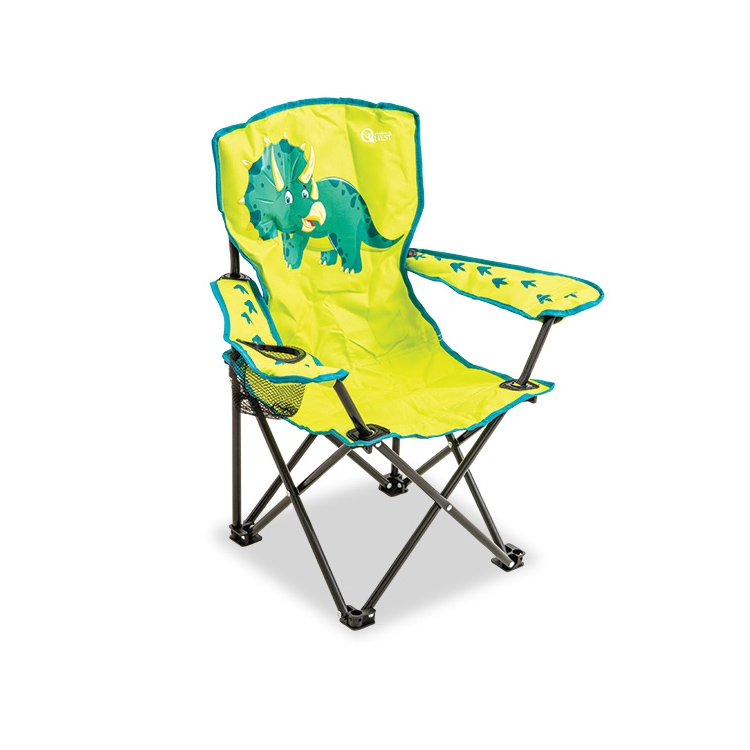














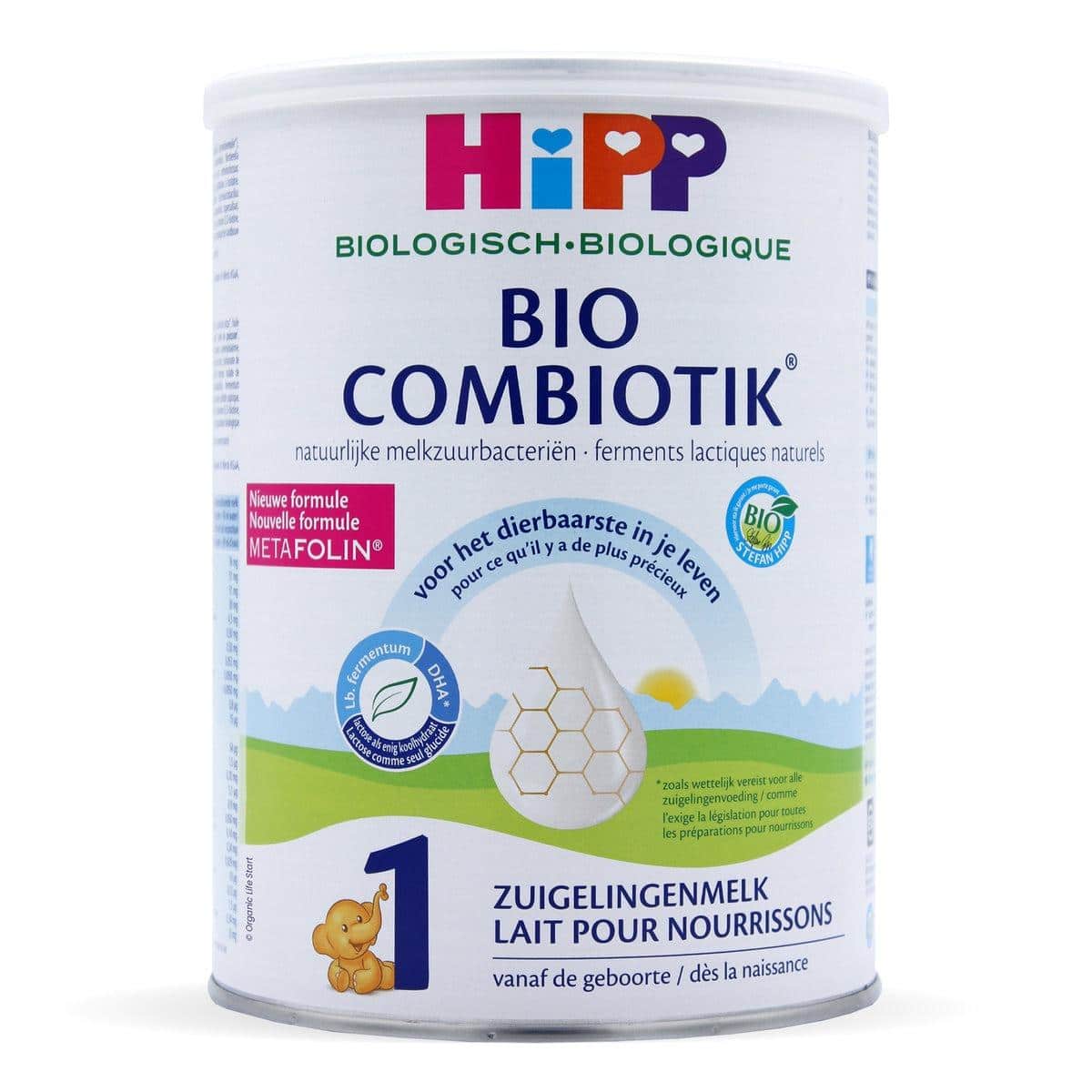





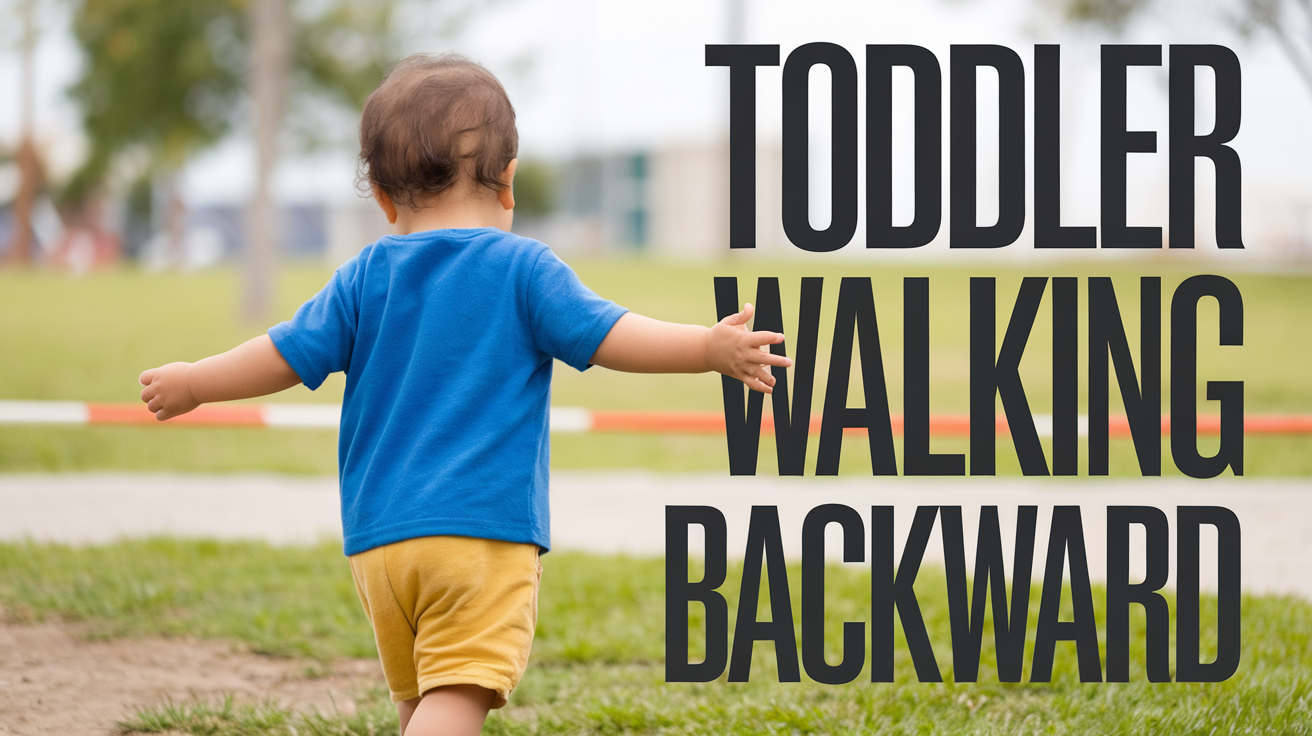








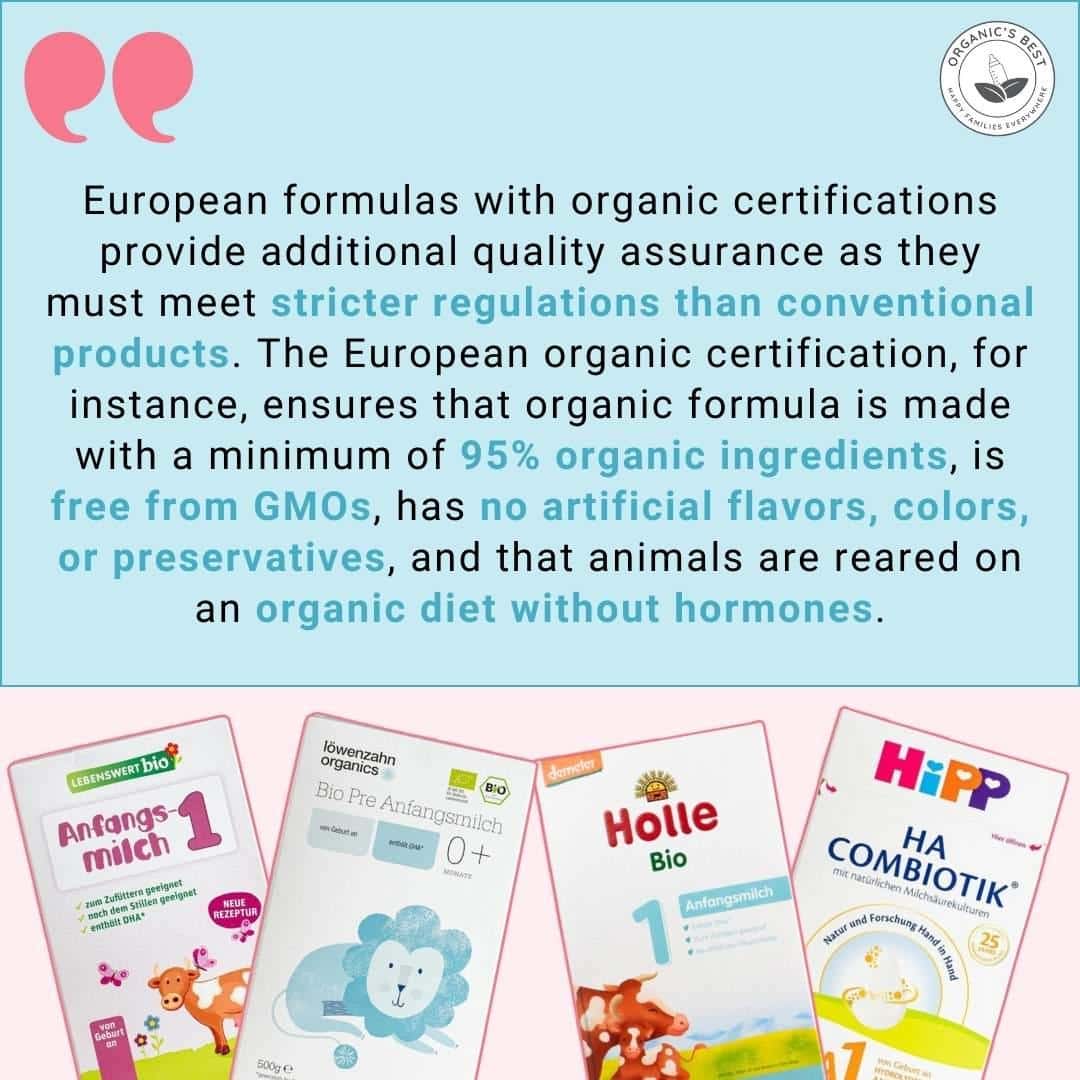




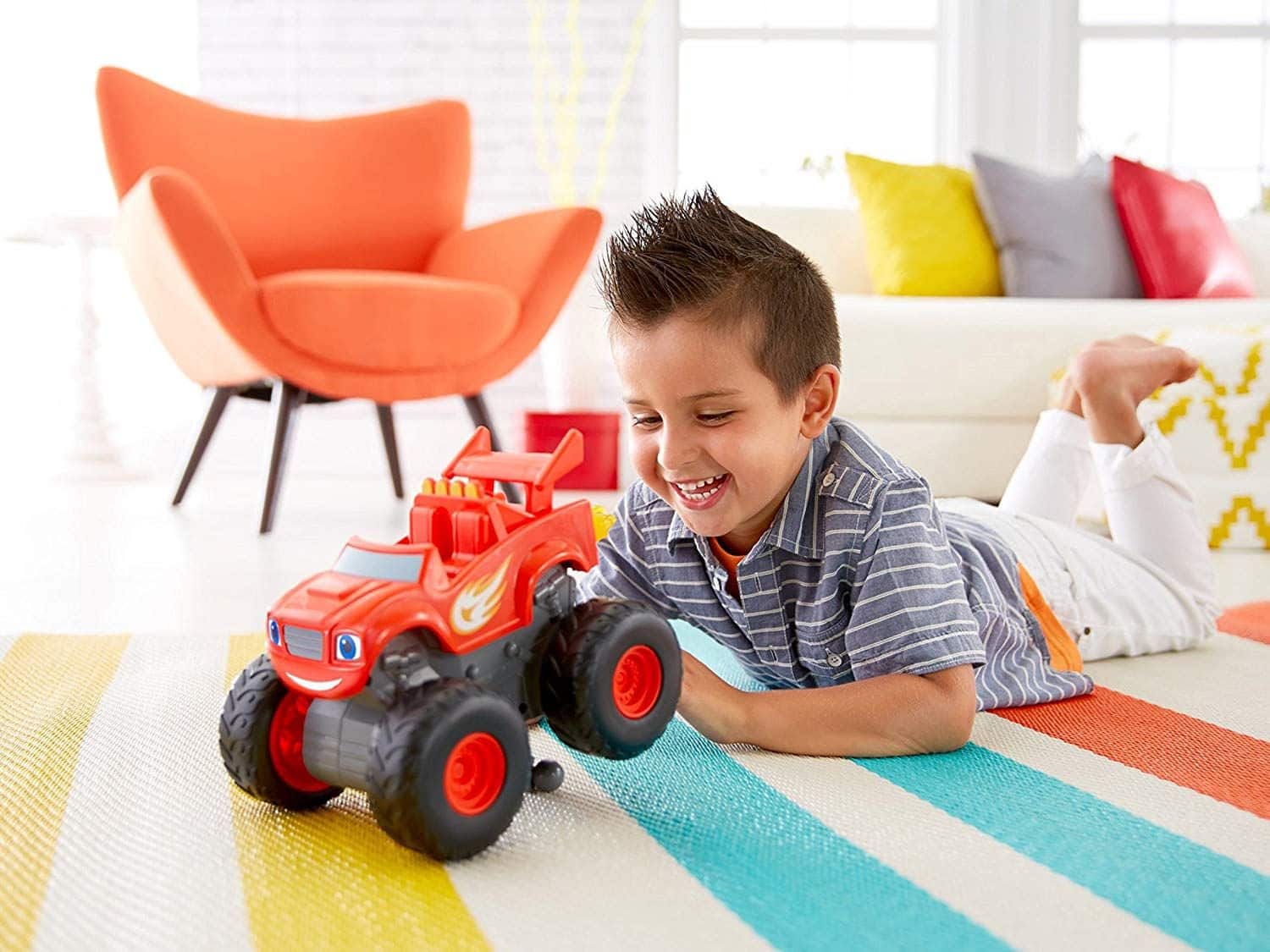
![11 Fantastic Kids Kayaks for 2023 (Amazon)[P]](https://cdn.mothersalwaysright.com/wp-content/uploads/2023/11/44407222_l-scaled-1.jpg)






